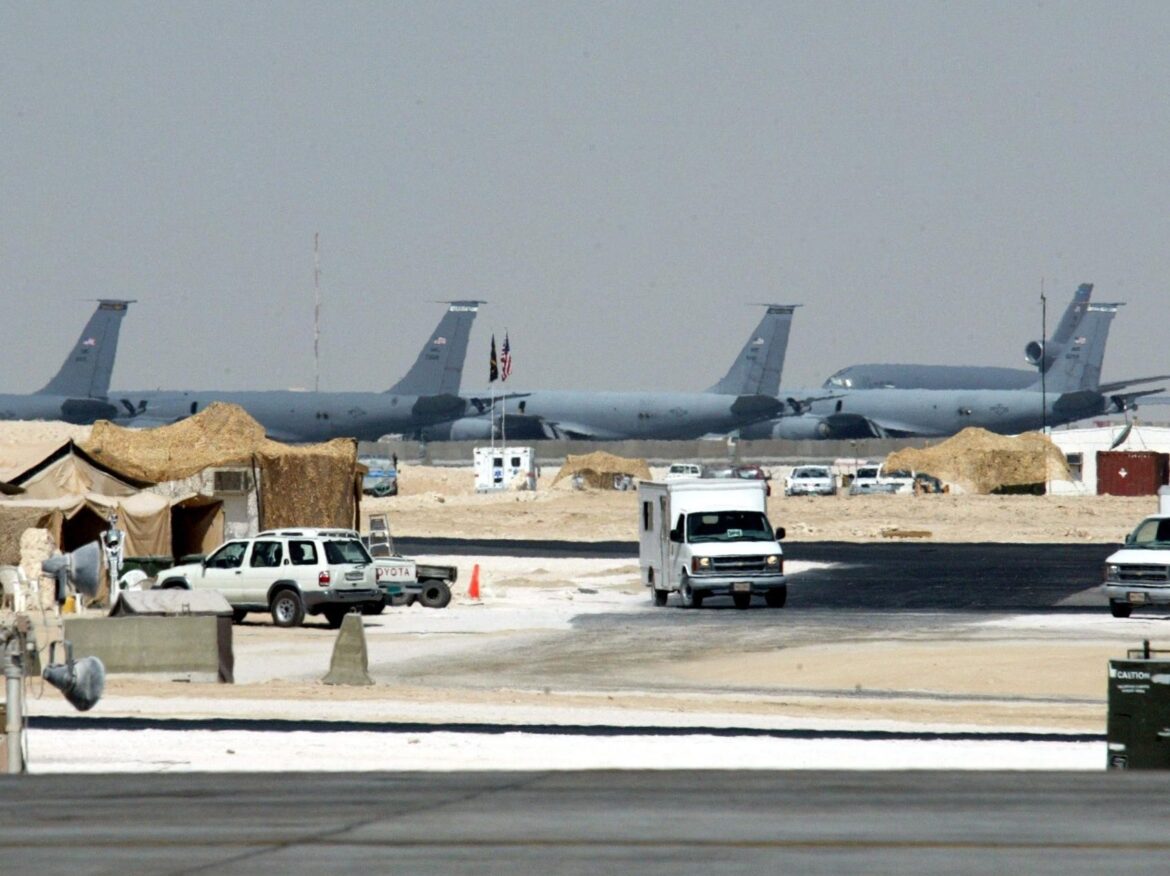U.S. President Donald Trump announced a phased 24-hour ceasefire agreement between Iran and Israel following heightened tensions marked by significant military actions, including U.S. airstrikes on Iranian nuclear sites and Iran’s retaliatory attack on a U.S. base in Qatar. The ceasefire, mediated by Qatar’s Amir, aims to de-escalate the recent conflict that involved direct U.S. involvement and to pave the way for renewed diplomatic negotiations concerning Iran’s nuclear program amid broader international security concerns.
Details of the Ceasefire Agreement
The phased ceasefire, announced on April 26, 2024, stipulates a 24-hour halt in hostilities, beginning immediately. It was brokered through intensive diplomatic efforts led by Qatar’s Amir, who played a crucial role in facilitating dialogue between the two adversaries. The accord outlines a framework for gradual de-escalation, with initial phases focusing on reducing military activities around sensitive areas, particularly those related to Iran’s nuclear sites and Israeli border zones.
Under the agreement, both Iran and Israel committed to suspending offensive operations, including missile launches and airstrikes, while maintaining defensive readiness. The phased approach is designed to build mutual trust and provide a structured environment conducive to further negotiations.
Background to the Escalation
The ceasefire follows a week of heightened tensions in the Middle East that sparked international concern. Initial hostilities escalated after the U.S. launched airstrikes targeting suspected Iranian nuclear facilities, an action aimed at curbing Iran’s uranium enrichment activities that Washington and its allies regard as a proliferation threat.
In response, Iran conducted a retaliatory missile attack targeting a U.S. military base in Qatar, a strategic partner in the region. This marked a rare direct engagement between Iranian forces and U.S. military personnel, intensifying fears of broader regional conflict.
International Reactions and Implications
The ceasefire has been welcomed by multiple world leaders and international bodies, including the United Nations, which emphasized the need for restraint and diplomatic solutions to avoid further destabilization of the region.
Experts note that the agreement could serve as a preliminary step toward reviving the stalled nuclear negotiations, initially disrupted following the U.S. withdrawal from the Joint Comprehensive Plan of Action (JCPOA) in 2018. The recommencement of talks may address not only nuclear concerns but also broader security issues affecting Gulf stability.
Next Steps and Outlook
Both parties have agreed to engage in diplomatic discussions facilitated by Qatar and other international stakeholders in the coming weeks. These talks aim to expand the ceasefire into a more durable peace agreement and possibly reinstate monitoring mechanisms for Iran’s nuclear program.
While the phased ceasefire represents a positive development, analysts caution that the situation remains fragile, with the potential for rapid shifts depending on actions by regional actors and international powers. Continuous monitoring and diplomatic engagement will be critical to sustaining the ceasefire and progressing toward long-term security.
In conclusion, the announcement of a phased 24-hour ceasefire between Iran and Israel marks a significant, albeit tentative, step towards de-escalating recent hostilities fueled by complex geopolitical tensions. Facilitated by Qatar’s Amir, this agreement underscores the importance of diplomatic efforts in addressing not only immediate military conflicts but also broader issues related to Iran’s nuclear program and regional security. While welcomed by the international community, the ceasefire’s success will depend on sustained commitment to dialogue and restraint from all parties involved. The upcoming diplomatic discussions present a critical opportunity to build on this initial progress, yet the fragile nature of the situation necessitates ongoing vigilance and cooperation to achieve lasting peace in the region.

